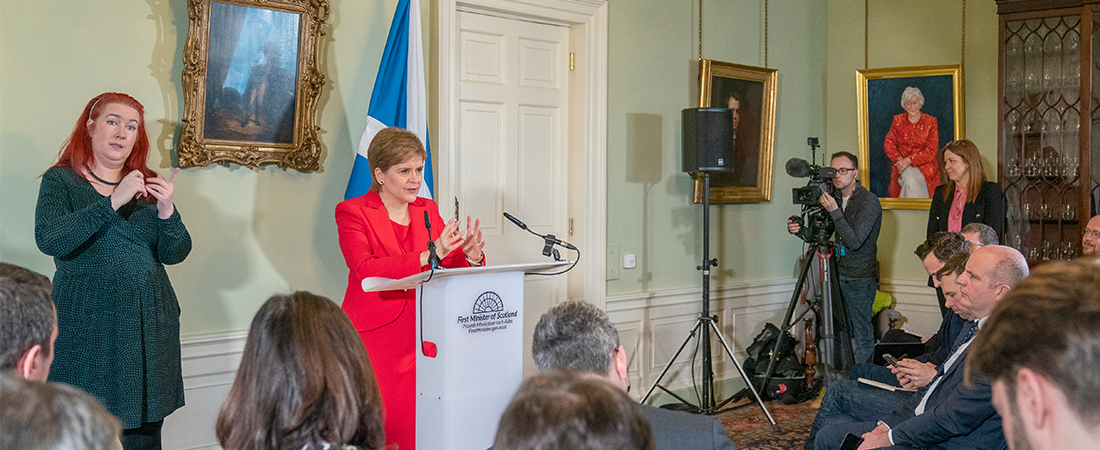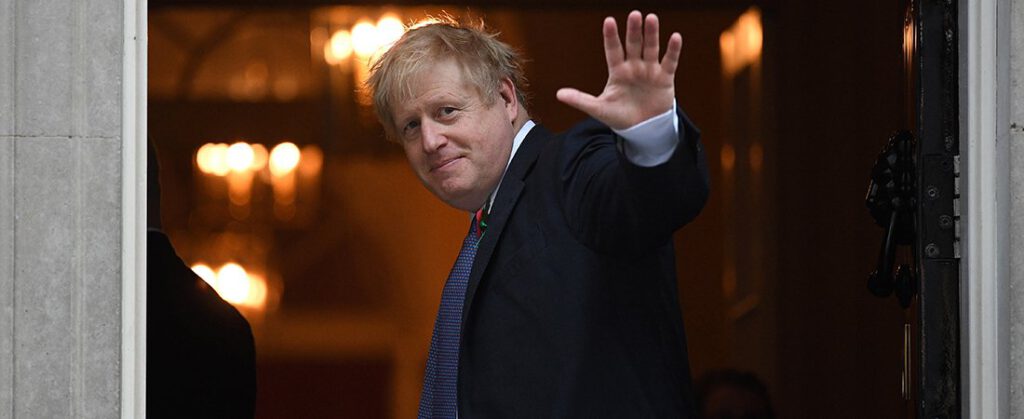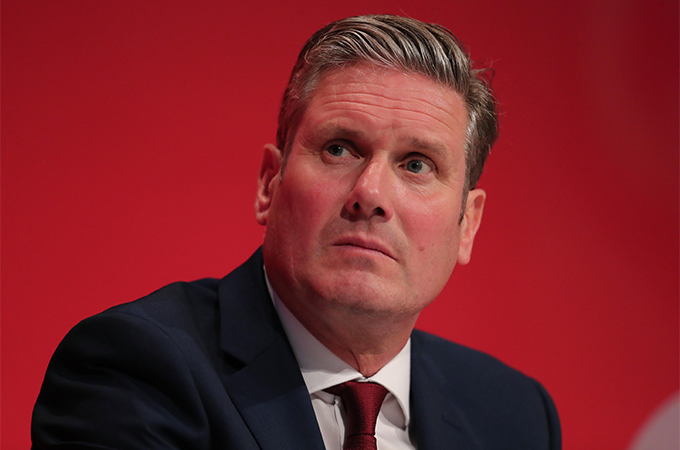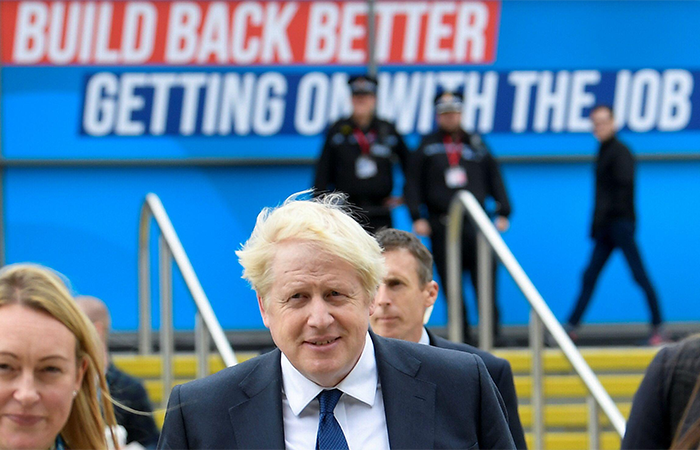After a decade that saw victories across seven national election campaigns, Nicola Sturgeon has been the indisputable central figure in Scottish politics and the face of the independence movement.
Her sudden announcement that she was stepping down as First Minister after eight years has therefore shaken the foundations of Scottish politics to its core. This has raised existential questions about what this means for the future of the SNP.
The lack of succession planning will prove problematic, particularly with big hitters such as John Swinney and Angus Robertson ruling themselves out of the contest. The future of the SNP will instead fall on lesser-known candidates, who lack Sturgeon’s national celebrity that has brought hundreds of thousands of Scots to the polls every election cycle.
Humza Yousaf offers government experience but has endured a difficult tenure as Health Secretary. Ash Regan is a polished performer in Parliament and could galvanise the party membership, but lacks cabinet experience. Kate Forbes, too, has long been considered a rising star in the party, but has faced criticism that her beliefs are at odds with the SNP’s social policies.
At a time when public support for the SNP and independence have notably declined, and Scottish Labour are showing signs of a revival, senior Nationalists will have cause for concern about whether any of these candidates can secure the party’s future electoral prospects.
Recent polling has found that the 26% lead over Labour secured by the SNP at the last Holyrood election has dramatically waned, whilst the Scottish Election Study’s research puts the Nationalists just two points clear of Labour in a General Election. However, Savanta’s research suggests the SNP have a more comfortable lead over Labour of around 10%-13%.
Further polling also indicates that confidence in the SNP’s delivery of public services has diminished, with figures from Survation showing over half of Scots believing Sturgeon’s government was mishandling the economy, schools, and the Scottish health service.
Despite ground being lost, the SNP maintains its lead against opposition parties in the polls; however, marginal seats such as East Lothian could prove pivotal in deciding whether Labour can make serious inroads into SNP territory and threaten its grip on Holyrood.
Party stewards will also want to know how the next leader plans to secure independence. Despite the triumphant proclamations of unionist parties that the 315-year union with England is finally secure, the SNP is far from a spent force. Its membership alone accounts for a significant portion of Scotland’s total electorate and it houses some of the most sophisticated election infrastructure of any party across the United Kingdom.
Despite the stringent candidacy requirements – 100 nominations from at least 20 party branches – peripheral, populist candidates who are willing to use fringe tactics, such as calling a snap Scottish parliamentary election or deploying acts of civil disobedience, could find their way onto the ballot. Considered too risky by current leadership, these tactics resonate with swathes of the SNP membership and could contribute to whom members cast their ballot for. Others will hope this contest focuses on winning the hearts and minds of Scottish voters, including on progressive policy issues.
The reality, however, is the SNP has not held a leadership election in two decades, and are long overdue a debate on the direction of the party and how to achieve independence. Much like in the early 2000s, we should expect lively discussions amongst the party’s rival factions.
Even with the public backlash against the First Minister’s gender law reforms, the SNP was on course to return a majority of Scottish MPs in next year’s General Election, as well as secure a historic fifth consecutive term in government in 2026 – unionists risk writing them off at their own peril.
Though Nicola Sturgeon’s departure is not the end of the SNP’s ambitions for independence, it does mark the next chapter in a saga that will continue to dominate Scottish politics for some years to come.
What is clear is that whoever wins, the next First Minister will inherit Sturgeon’s in-tray and have to balance the demands of an increasingly impatient independence movement against the realities of the British constitutional framework.





